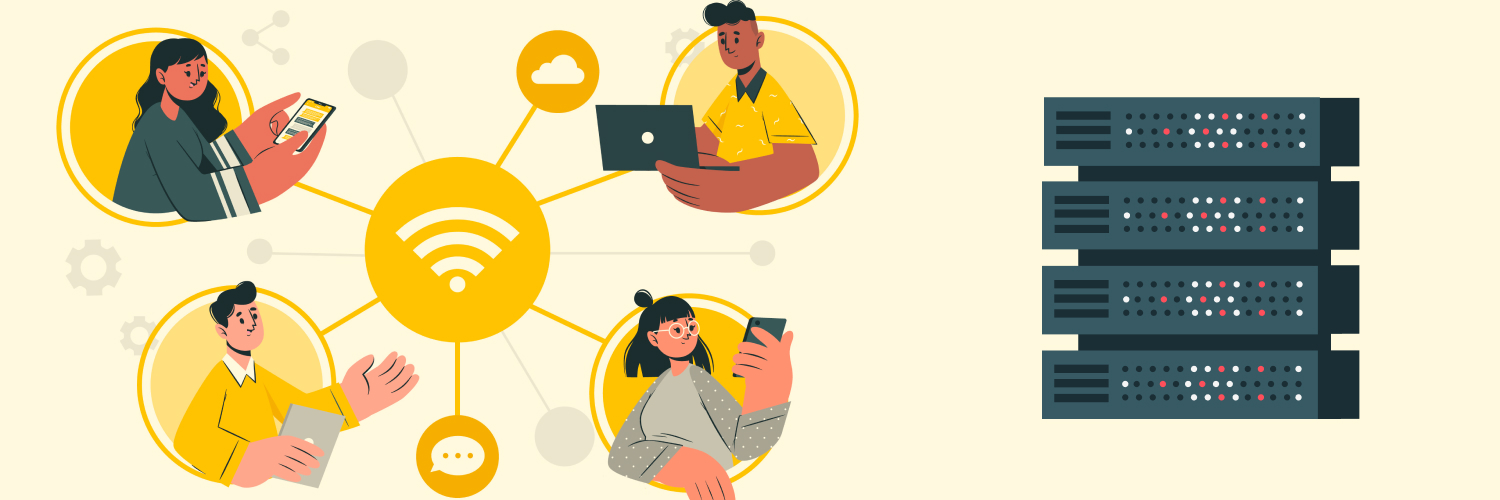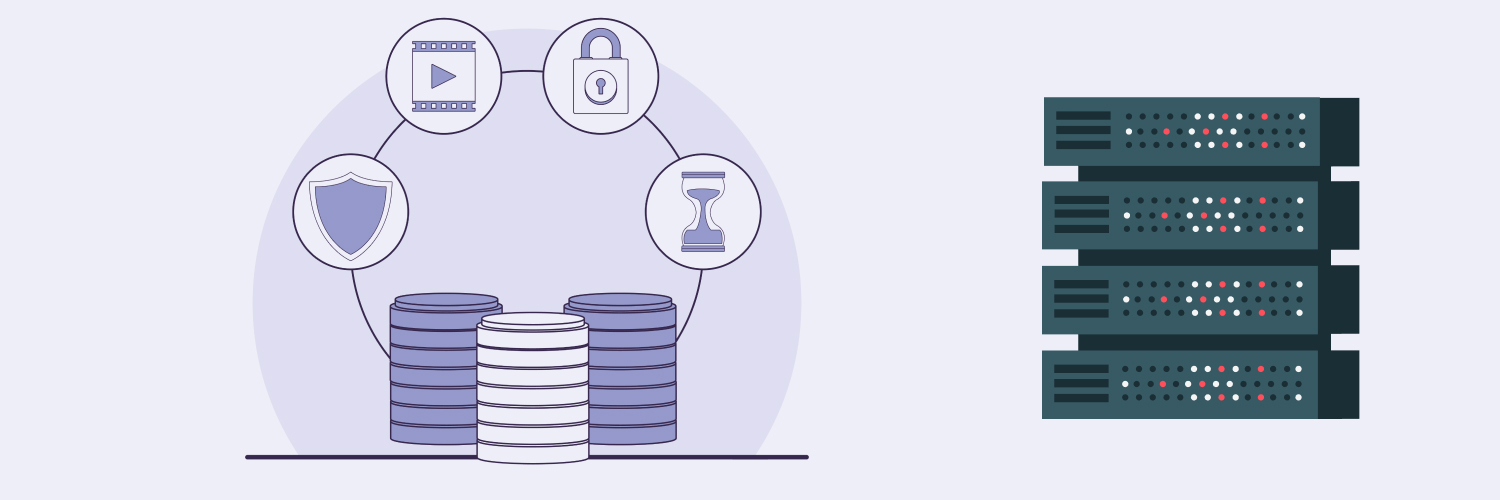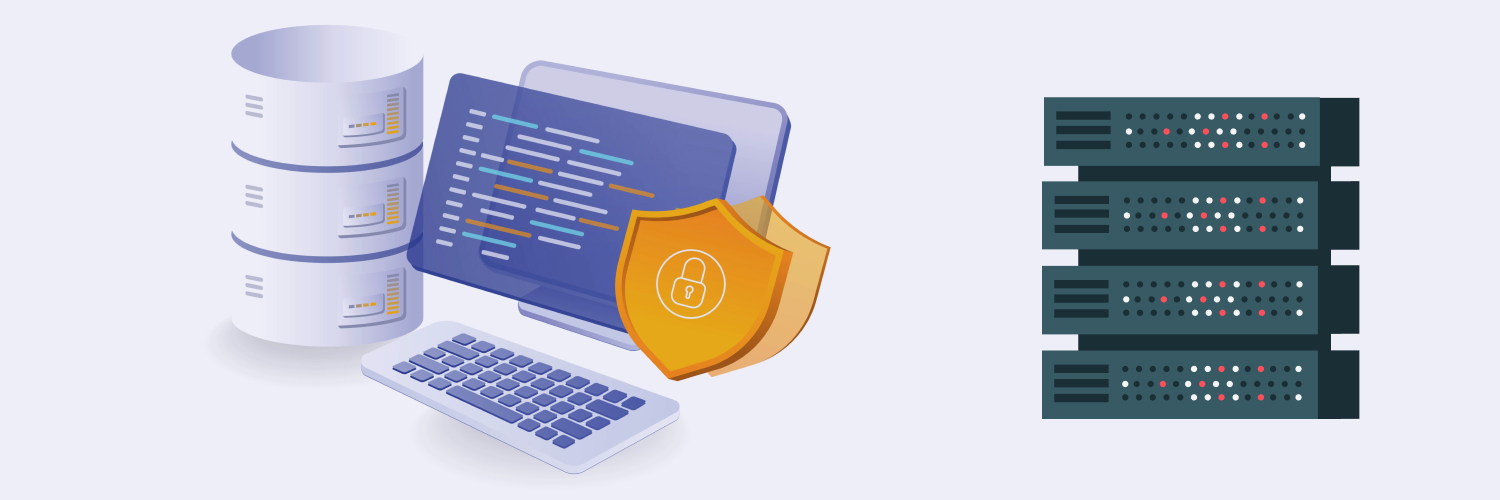Ad Verification Using Residential Proxies
Online advertising offers a double-edged sword to companies looking to increase online traffic. On the one hand, the digital landscape provides tremendous potential for reaching potential customers with compelling ads. On the other, online ads can easily become ineffective without proper diligence on the advertiser’s part. Companies can spend too much money on digital ads without getting anything in return.
If your company is looking into online ads, you want to ensure they’re displayed properly. One of your best resources is ad verification. Ad verification helps your company confirm that your ads are displayed according to the agreed-upon terms.
Some of the best tools for verifying online ads are residential web proxies from Rayobyte. With their help, you can prevent ad fraud and get the most from your advertising budget.
What Is Ad Verification?

Ad verification is a process through which a company checks the ads it publishes online to ensure each ad is displayed according to agreed-upon terms. Ad verification technologies will confirm if an ad is presented in the right context on a website, uses the correct image, or is hosted in the correct geographical parameters.
Effective digital ad campaigns require comprehensive terms between the advertiser and the publishing website. Serious advertisers will determine the best terms for their online ads before investing in an ad placement with a publishing website. These terms touch on all factors relevant to who sees the ad and how they experience it.
Terms might include things like:
- Geographical area (so the ad is seen by users in a location the advertiser wants to target)
- Image resolution
- Placement on the website
- Integration with other elements of the website
- How long the ad appears when someone visits the page
But without proper oversight, publishers may fail to follow these terms. The website may display an incorrect image, use a server with the wrong geolocation, or fail to publish the ad in the proper context. Advertising failures like this can greatly lower your digital ad’s efficacy and waste money.
Ad verification services send verification tags, or beacons, to the ad’s markup on a website. These beacons will gather information about the ad’s display and the publisher’s page, so you can verify that all of the specified terms of the ad are in place.
Online ads require a high degree of specialization to provide a meaningful return on investment. You likely have a very specific prospective audience in mind, so your ads must be displayed on websites that correspond to the browsing activity of that customer demographic.
For example, if you sell SaaS products for complex cybersecurity needs, display your ads on websites specializing in complex software and IT issues. Placing SaaS ads on parenting websites is unlikely to attract new customers.
Your online ads will also have specific images and text tailored to your preferred customer demographic. Failure to display correct images and messages will likely lower the efficacy of your ads.
The servers hosting your ads must also correspond to relevant geographical areas and prospective clients. If your ad is displayed in the wrong geographical parameters, it may only be seen by web users outside the relevant geographic area.
Who might need ad verification?
Ad verification tools are primarily used by two main groups.
Advertisers
Most ad verification usage comes from the advertiser’s end. Advertisers, after all, have the biggest financial stake in the success of a digital ad. If your company spends money to have an ad displayed on a website, you must have specific terms to maximize the chances of getting a good ROI on what you have spent.
Ad verification provides comprehensive analytics on the ad’s display and publication on the website. This information lets you see whether these terms are being met and if your advertising spending is worth it.
Publishers
The publishers of online ads can also use ad verification on their end. Good-faith publishers want to make sure that all ads they display on their websites conform to the specific terms agreed upon with the advertiser.
Failure to meet these terms can cause dissatisfaction on the advertiser’s end and prevent repeat business. Publishers can also use ad verification tools to avoid accidentally running fraudulent ads or ads with inappropriate or malicious content.
What does ad verification do?
The verification tags used by ad verification services provide specific information to advertisers and publishers.
Viewability
Information on an ad’s viewability is the most important information ad verification tools provide. Current ad verification tags will analyze the number of pixels in an ad’s image and its location on a page. These tags can also determine how long visitors look at an ad and the duration of time it is displayed.
Geolocation
Ad verification tags can also analyze a website’s server information to get information about the site’s geolocation so that advertisers know where an ad is being seen around the world. An ad must be shown to site visitors in a specified geographic location to reach its intended audience. Knowing a host server’s geolocation can help ensure your ads target the correct audience.
Identifying and preventing fraud
Both advertisers and publishers can use ad verification to identify potential ad fraud. Bots and malicious code can generate fake traffic to a website or remove an ad from view. For example, ad verification can identify if a website’s traffic stems from real web users or fraudulent bots. This information will prevent you from spending money advertising on a website that seems to have high traffic but is inflated by bots.
What Is a Residential Proxy?

Residential proxies are a type of web proxy that use remote IP addresses from actual residential devices. Proxy providers that offer residential proxies will purchase IP address access from real internet users. When you use the proxy, the server on the site you are accessing gets information from the owner’s computer or mobile device associated with their IP address.
Residential proxies greatly reduce the risk of bans and downtimes that can negatively impact web operations. Because the site you’re accessing will see information from an actual residential IP address, it is much less likely to flag that IP address as potentially fraudulent.
The best residential proxy providers have large libraries of different residential IP addresses they have contracted from real device users so that they can offer rotating residential proxy services. Clients can rotate between several residential IP addresses in one session. This way, even if a website flags one proxy IP address as suspicious, you can rotate to a new residential IP address and quickly regain access.
Ad Verification With Residential Proxies

Residential proxies are an excellent resource for ad verification. If you want to get information on the display and performance of an ad, you must access it as any internet user would. Ideally, you’ll use a residential IP address other than the one from your own company’s servers to get an outside look at the placement and performance of your ad on the publisher’s site.
Ad verification tags, in particular, must access targeted websites as a visitor from a residential device. Many websites have security protocols to identify and block access from suspicious IP addresses. If the website blocks the ad verification service, the service cannot use verification tags to analyze the site’s ads.
Because residential proxies use IP addresses associated with actual residential devices, they are much less likely to be flagged and blocked by a website’s security protocols. Plus, residential proxies give advertisers a clearer picture of how their ad appears and functions when viewed by a normal site visitor.
Accessing your ad from multiple residential IP addresses also helps you verify ad replication on a particular site over a specific time frame. You can get a much more comprehensive picture of how well your ad reaches your targeted audience and how much of a return you will likely get from your initial investment.
Preventing ad fraud
Ad verification services can use residential proxies to identify and prevent ad fraud on specific websites. Ad fraud occurs when a site publisher uses fraudulent techniques, such as bots, to artificially inflate site traffic.
When you pay to place a digital ad on a particular website, you want to be sure that the site in question has high enough traffic that large numbers of users will see your ad. But you also want to be positive that this site traffic is not saturated with bots. Ad fraudsters can use bots to create fake views on a website and even fake clicks on a particular ad. They can then use these “views” to sell you advertising space on a website with much lower traffic than it seems.
To avoid losing advertising money to fraudulent websites, you can use residential proxies to analyze a potential website publisher with verification tags to track likely bots and fraudulent traffic inflation. Fraudulent websites usually have security protocols to identify and block suspicious IP addresses and prevent verification of their ads. But with residential proxies, you can access the site with a verifiable residential IP address and identify bots or other fraudulent activities without experiencing bans.
Finding the Best Residential Proxy Providers

When you pay for an online ad, you need the best ad verification tools to ensure you get the best ROI. So you’ll need the best residential proxy providers.
It’s best to look at a few factors when shopping for a residential proxy service for ad verification. The best residential proxy providers will offer ethically-sourced residential proxies with consistent reliability. This means that the residential proxies you access have the data capabilities to handle ad verification while ensuring you don’t run up against any ethical issues.
Other things to look for include customer service, interface design, API, and gigabyte capabilities. Rayobyte’s residential proxies are ethically sourced and come with 24/7 customer service support, user-friendly interfaces, and world-class APIs that easily integrate into your company’s existing software.
The cheapest residential proxies
Most residential proxy providers base their payment plans around gigabytes of data. For example, Rayobyte’s residential proxies begin at $3 per gigabyte. You can find affordable residential proxy options for ad verification based on the amount of data you are likely going to use. With ad verification, you’ll mainly use data for specific tasks like website access, verification tag placement, and data analysis.
Some services offer free residential proxies for ad verification. But you should always be wary of these kinds of services. Free residential proxies are usually much lower in quality. Many IP addresses they use lack the data capabilities to perform necessary tasks or have already experienced bans from key websites.
Free residential proxies may seem appealing, but they are unlikely to help you get around the bans and downtime that get in the way of ad verification. The good news is that many providers offer free residential proxy trials for new customers, so you can get a feel for how well that service’s proxies work for ad verification.
Get the Best Ad Verification With Rayobyte Proxies

Without effective ad verification, you can end up spending more money on your online ads than you need to. Having reliable and effective residential proxies on your side provides peace and helps you verify that the right users are seeing your online ads.
Rayobyte’s excellent residential proxies have the data capabilities, interfaces, and APIs to meet all of your ad verification needs and offer a large pool of rotating residential IP addresses to help you get around any potential bans. Get in touch with Rayobyte to start your trial today.
The information contained within this article, including information posted by official staff, guest-submitted material, message board postings, or other third-party material is presented solely for the purposes of education and furtherance of the knowledge of the reader. All trademarks used in this publication are hereby acknowledged as the property of their respective owners.






